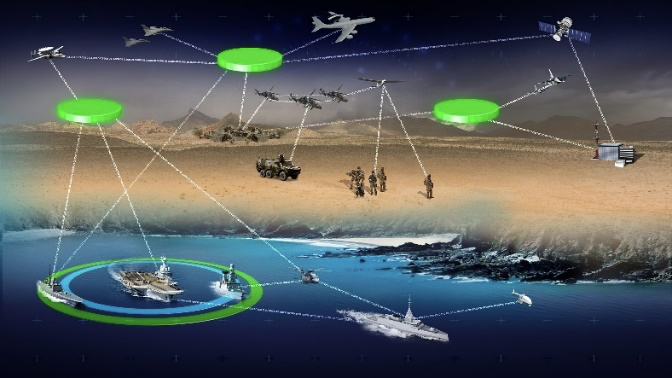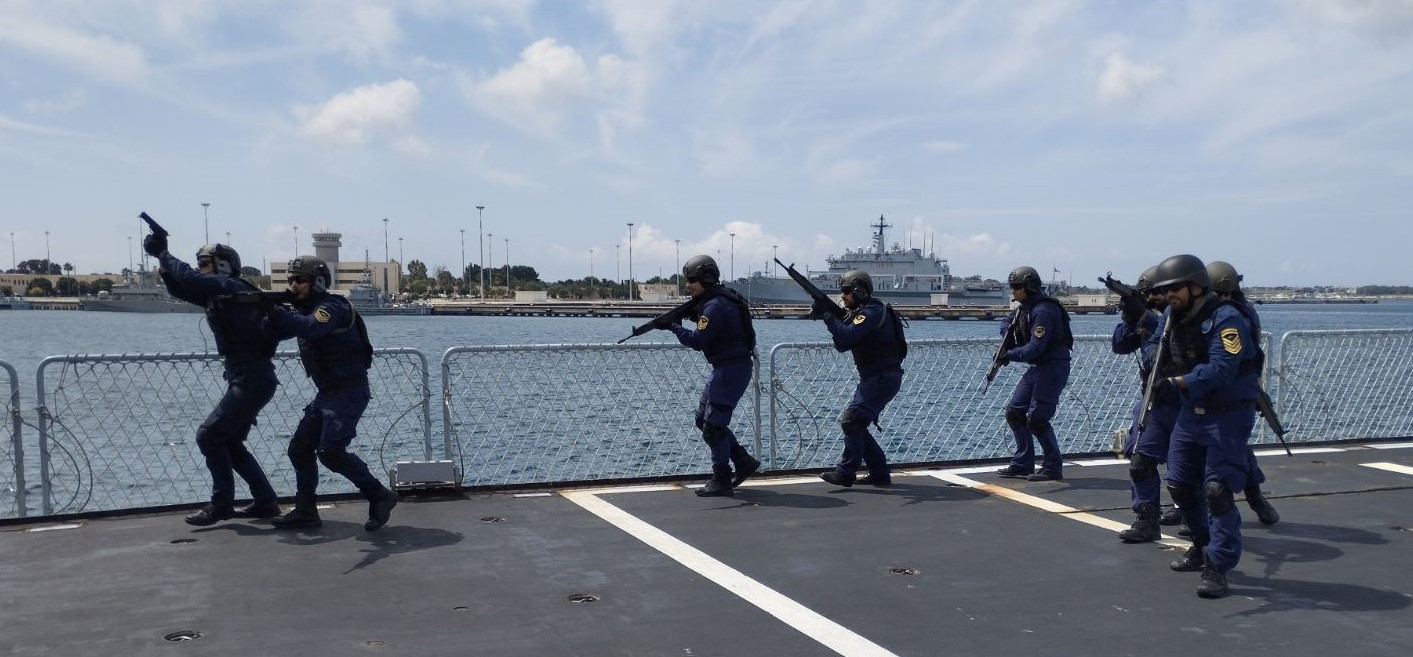
Resident courses
The Education and Training (E&T) Directorate is responsible for planning and executing all training activities required to accomplish the NMIOTC mission – to conduct the combined training necessary for NATO forces and Partners to improve execution of surface, subsurface, aerial surveillance and special operations activities in support of Maritime Interdiction Operations (MIO).
explore more from Education and Training
The resident courses can be grouped in 9 disciplines and are executed through theory, practice and hands-on activities, starting from simple to complex situations, involving individuals and afterwards team/group/syndicate work to better simulate the reality of the Maritime Environment challenges.
NMIOTC education and training packages are provided with considerations to gender and cultural aspects, and can be grouped in the following disciplines:
1. Maritime Operations
NMIOTC created a variety of courses to answer to different specific training requirements in Maritime Operations for both NCS and NFS, to execute Visit Board Search and Seizure (VBSS) procedures, to familiarize with operational terminology, to understand terrorism, piracy and illicit trafficking at sea, to manage the migrants and refugee crisis all to better execute all operations in support of MIO.
Courses covered:
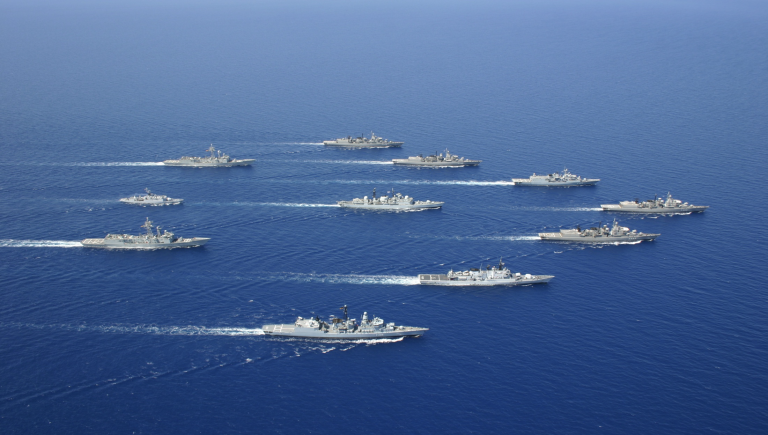
2. WMD/CBRN Defense
The aim of these courses is to train and educate trainees in NATO practices and procedures regarding operational and tactical dimensions of WMD in Maritime Interdiction Operations as well to provide specialized training for radiological emergency preparedness and response operations in maritime environment.
Courses covered:

3. Counter Improvised Explosive Devices
Given the unique nature of Maritime Interdiction Operations (MIO) and the fact that naval and other forces are facing an increasing threat from individuals and groups employing asymmetric tactics to overcome superior military capability, countering this kind of threat in the maritime environment is as important as maintaining operational initiatives on land. Within the Countering Improvised Explosive Devices (CIED) in the Maritime Environment (CME) program of work, NMIOTC has identified a need for boarding teams and operating forces to be trained so as to enhance personnel and units’ readiness prior to deployment in MIO in CIED.
Courses covered:
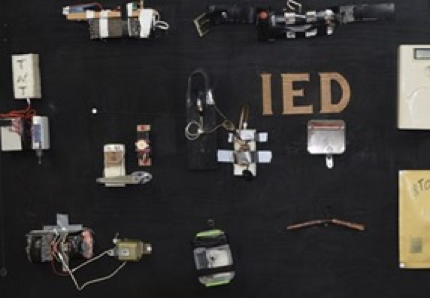
4. Military Engineering
Countering the threat from Improvised Explosive Devices (IEDs) is a subject and goal that has been examined and strenuously pursued by nations either afflicted directly by the threat at home or through participating in expeditionary operations where the IED was/is a prevalent menace.
Courses covered:
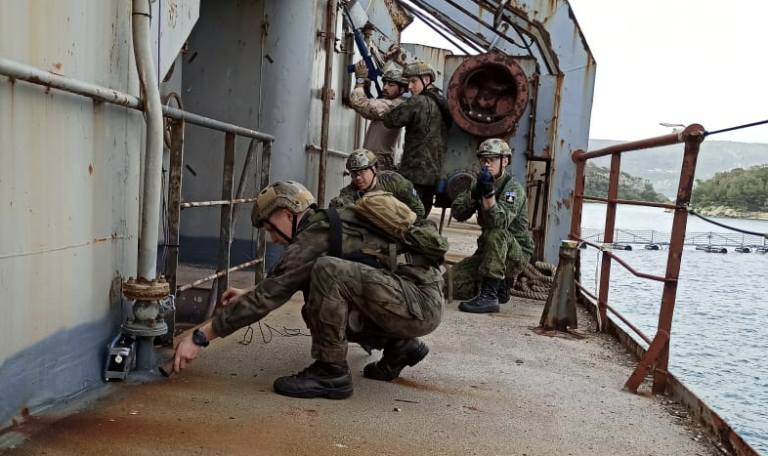
5. Education Training Exercise and Evaluation
In this discipline, NMIOTC identified training gaps to better support different entities around the world with several training solutions such as Train the Trainers to provide participants with the overall general familiarity with transmitting and certifying pedagogical knowledge and NATO Standards to facilitate understanding of the procedures for development, production and maintenance of NATO standardization documents, including doctrines.
Courses covered:
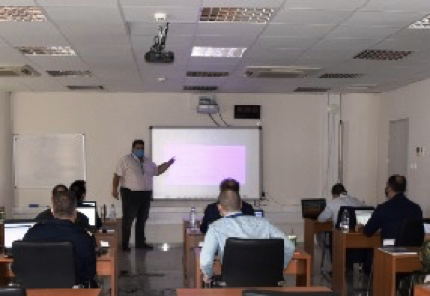
6. Cyberspace Operations
Specially designed training solutions to provide comprehensive knowledge to facilitate the understanding of the maritime cyber aspects, designed for operational planners and staff officers from tactical, operational level, without sufficient cyber operational background.
Courses covered:
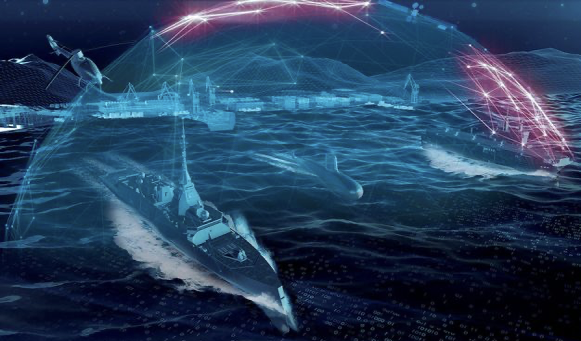
7. Special Operations
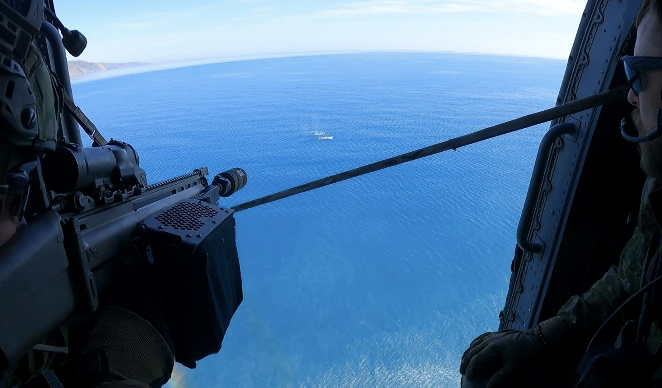
8. Medical Support
The courses provide Special Operations Forces (SOF), conventional medical or non medical personnel (i.e. boarding team) involved in support of Maritime Interdiction Operations (MIO) with basic knowledge and skills in delivering medical assistance during maritime operations and in the adequate MEDEVAC / CASEVAC procedures to be followed in order, for the patients / injured personnel, to be transported to the Boarding Parties’ mothership or the nearest medical facility.
Courses covered:
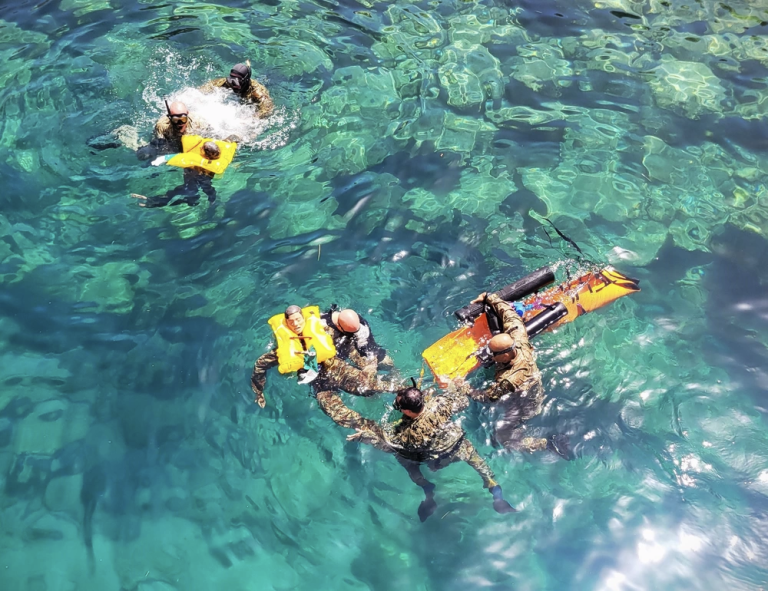
9. Intelligence
Developing NATO analysts who can leverage identity intelligence to enhance analysis and production to inform command decisions in NATO Joint Operations Areas (JOAs), was seen as a priority for the Intelligence community, including the key skills of identity identification (discovering new threat actors), resolution (separating friend from foe), and attribution (linking persons to places or events). NMIOTC, in cooperation with different SMEs from all around the world, created a training solution to cover the aforementioned requirement.
Courses covered:
